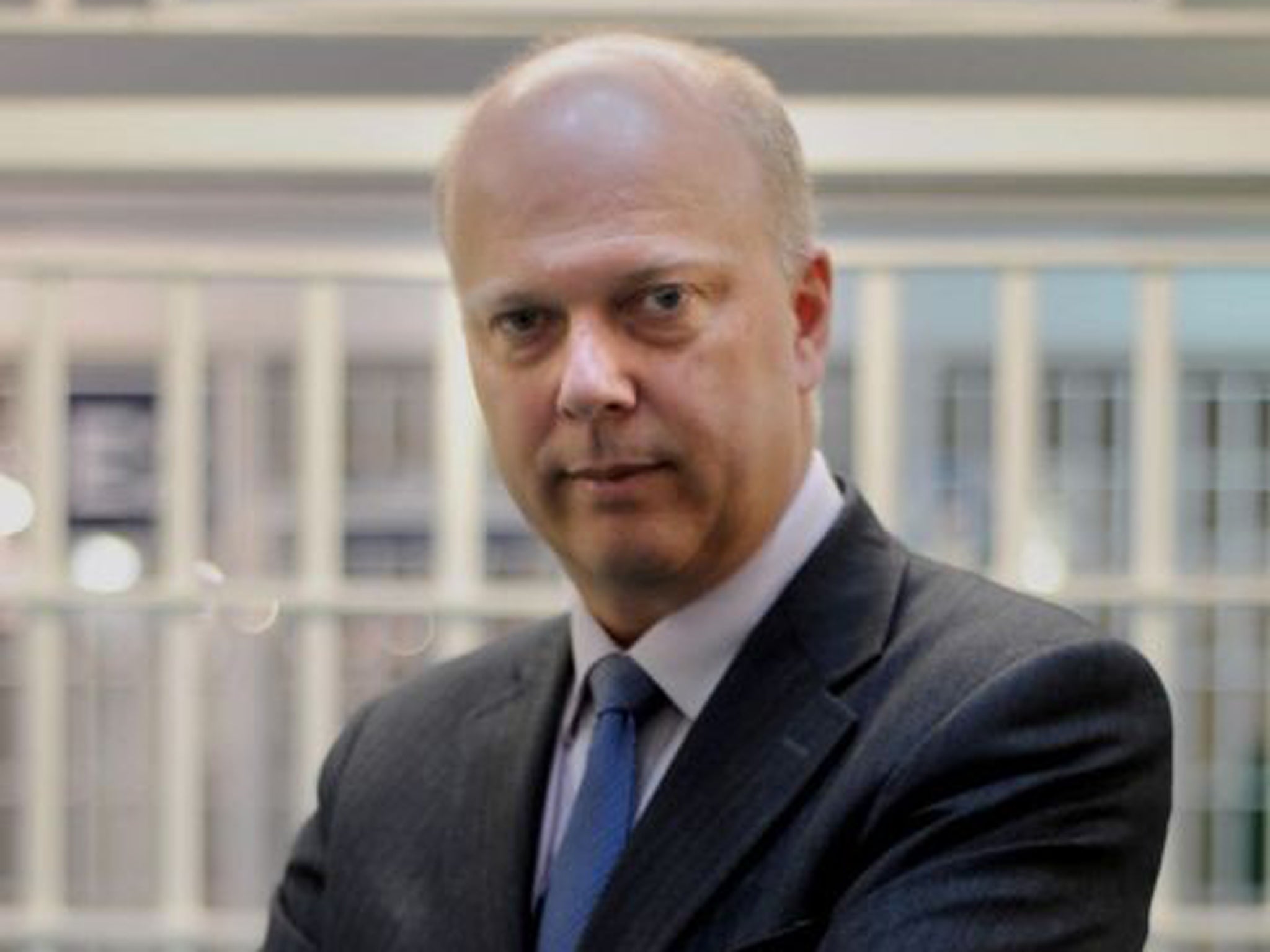A prisoner rehabilitation programme in Peterborough seemed to be working. Now it's been cut
The Government should have left this pilot scheme in place

Something historic began in Peterborough four years ago. Private investors paid a group of charities £5m to set up and run a prisoner rehabilitation programme, aimed at halting the merry-go-round that sees two in every three short-term offenders return to jail. If the charities made good - encouraging car-thieves and drug-users to drop their vice – then the Government would pay a return to the investors, drawn from savings made to the state in costly court-time and prison accommodation. The arrangement was called a ‘Social Impact Bond’.
It was, apparently, working. While re-offending among short-term prisoners rose 10 per cent last year nationally, in Peterborough, where charities like the St Giles Trust were meeting ex-convicts at the gates, it fell by 11 per cent. So it is dismaying to learn that the Ministry of Justice has chosen to cut short the pilot programme – which had the distinction of being the world’s first.
Instead, a new scheme is being rolled out by Justice Secretary Chris Grayling. It will extend probation to all short-term offenders – a group left to do as they please before the Peterborough project – and will pay private companies to handle the service, so long as they deliver results. This national project treads on the toes of Peterborough’s local Social Impact Bond (SIB) – hence the bond’s cancellation. There are key differences between the two. Organisations invested in by the SIB had the money upfront to offer a holistic service to ex-cons, purchasing, for example, more mental health support from the charity Mind when they realised it was needed. The national programme, on the other hand, requires those who bid for a contract to take the risk and stump up their own cash – which may lead to cutting corners, or an incentive to work with only the sweetest-singing of ex-jailbirds.
One senses an overhastiness in public-sector reform. In 2010, Ken Clarke, then the Justice Secretary, spoke gleefully of the revolution promised by SIBs, and wanted to introduce the first “very fast”. They would shift the risk from Government to socially-motivated private investors, he said, at a time when public money was drying up. Now Grayling has sunk the flagship. Meanwhile, in the US, Goldman Sachs has just established a $250m replica. True, SIBs are risky, and unlikely to revolutionise public sector services on the whole. Yet if the Government wants to attract more social investment – and it only this month introduced tax relief for those who cough up – it would have made sense to leave the pioneering SIB in place.
In 2011, before the avalanche of headlines on corporate tax avoidance, ‘responsible capitalism’ was a fashionable term. People don’t much believe it now, the antics of Google and Starbucks pushing the phrase into fellowship with ‘companionable shark’ and other oxymorons. But even sceptics – and I would count myself one - should disapprove of pulling the rug from under a project that offered a chance to harness instruments of finance to social good.
Meanwhile, an internal Ministry of Justice risk assessment warns that Grayling’s probation reforms have an 80 per cent chance of causing ‘an unacceptable drop in operational performance’. As with almost all existing outsourcing projects so far – which MPs condemned only in March – cheapness and speed seem the order of the day. A shame, especially when it comes at the cost of a project perhaps beginning to give credence to that slippery but sometimes sophisticated idea, ‘compassionate capitalism’.
Join our commenting forum
Join thought-provoking conversations, follow other Independent readers and see their replies
Comments